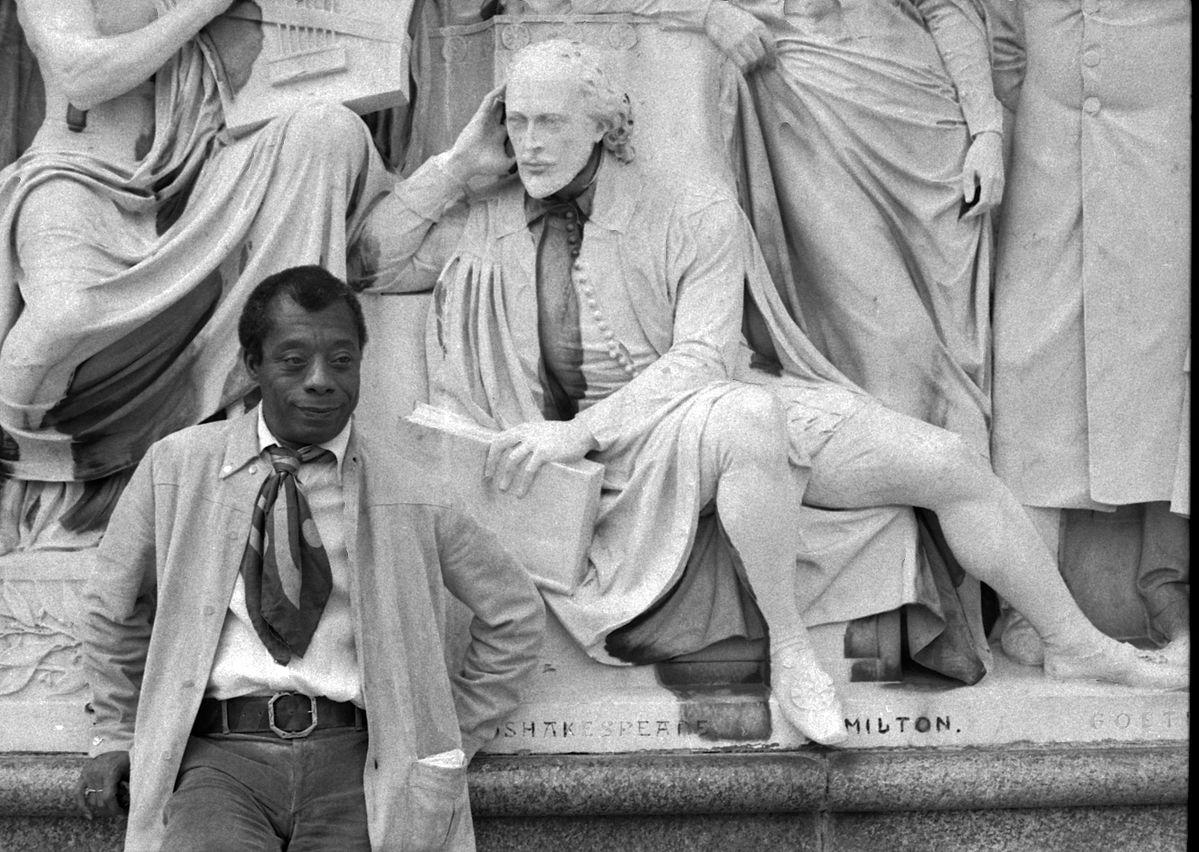“You think your pain and your heartbreak are unprecedented in the history of the world, but then you read.” — James Baldwin
Believe it or not, this beautiful quote has kept me steady in times of crisis in this country.
In a summer where America has had a moral reckoning regarding the systemic racism in policing and other institutions that oppress people of color, Texas A&M’s unwavering stubbornness in not relocating the statue of Texas Ranger and Confederate Gen. Lawrence Sullivan Ross has been disappointing. While several campuses have come to the long-overdue conclusion that statues which memorialize white supremacists do not belong in any establishment that promotes diversity, A&M built a fence and had cameras installed around the statue that sits in the heart of campus, all in the name of tradition. This blatant act of disregard towards the well being of students of color during this challenging year has led to feelings of isolation and heartache. In times of heightened distress such as this, I have found refuge and comfort in literature to help me better understand the world, and more importantly, my identity and role in it.
Literature by Black authors such as Toni Morrison, Ta-Nehisi Coates, Zora Neale Hurston, Ralph Ellison, Lorraine Hansberry and, my favorite, James Baldwin, are my source of hope in these challenging times. It has given me the education and compassion to understand how this country got to where it is now and the work we must do to get America to what it must become. This country has taken extreme measures to enforce the idea that African Americans exist only as a nightmare in the context of the American dream. Literature by these great authors who emphasize the beauty in Black people and the complex lives we live showed me that our histories — and, more importantly, our identities — matter.
America is still stuck in what Eddie S. Glaude Jr., chair of Princeton University’s African American studies department, describes as the value gap: the “belief that white people matter more than others.” The constant denial of this fact hinders us from moving forward as a nation. Reading the works of these prominent Black authors led me to the same conclusion that Baldwin arrived at during his lifetime. He believed that “we cannot stick our heads back in the sand or seek comfort in our national illusions or our so-called innocence.” There must be confession and repair in order for America to truly have a moral reckoning.
This constant need to tell the truth is seen very explicitly in the works of Baldwin, whom Coates argues might be “America’s greatest essayist.” Baldwin’s books such as “Notes of a Native Son,” “If Beale Street Could Talk,” “Go Tell It on the Mountain” and his magnum opus, “The Fire Next Time” are the most relevant works on race written about America that I have come across in my lifetime. His mission was to end the institution of white supremacy — and he spared no punches while doing so. He understood that “to be [Black] in this country and to be relatively conscious is to be in a rage almost all the time.” But he also knew never to stoop as low as the people oppressing you no matter the anger you feel deep in your soul. He believed “white people cannot, in the generality, be taken as models of how to live. Rather, the white man is himself in sore need of new standards.” The inflictions of white supremacy speak more on the white world’s inhumanity rather than the invented inferiority of African Americans.
Although he is primarily known for his works on race, the common themes of love and hope are ever-present in all of his writing. He knew America’s racist problems would cease only when white people in this country knew how to accept and love themselves because only then would they stop using hate and deal with the pain their actions have produced for centuries. Baldwin has been my guiding light during moments of existential crisis. I have found safety and reassurance that things have to get better and love will be the only path to it.
My favorite line of his states, “I can’t be a pessimist because I am alive… I am forced to believe that we can survive, whatever we must survive.” It is an extremely simple and straightforward line that emphasizes the need to have hope continuously. He knew “the most dangerous creation of any society is the man who has nothing to lose.” The stakes of losing hope are also the stakes of America as a nation. It will determine the altitude of this country, and the “future of the Negro in this country is precisely as bright or as dark as the future of the country.”
In Baldwin and other Black authors’ works, I realized hope was something that had to be invented every day. Even in the context of a pandemic and national unrest, we have to work toward the belief that tomorrow will be a better day. We have to actively invent hope in that context and always tell the truth so we may be able to free ourselves and create a better world for the future.
Ozioma Mgbahurike is an electrical engineering sophomore and opinion writer for The Battalion.
Finding hope in literature during crisis
September 15, 2020
Photo by Creative Commons
James Baldwin has authored books “If Beale Street Could Talk” and “Notes of a Native Son.”
Donate to The Battalion
Your donation will support the student journalists of Texas A&M University - College Station. Your contribution will allow us to purchase equipment and cover our annual website hosting costs.





















